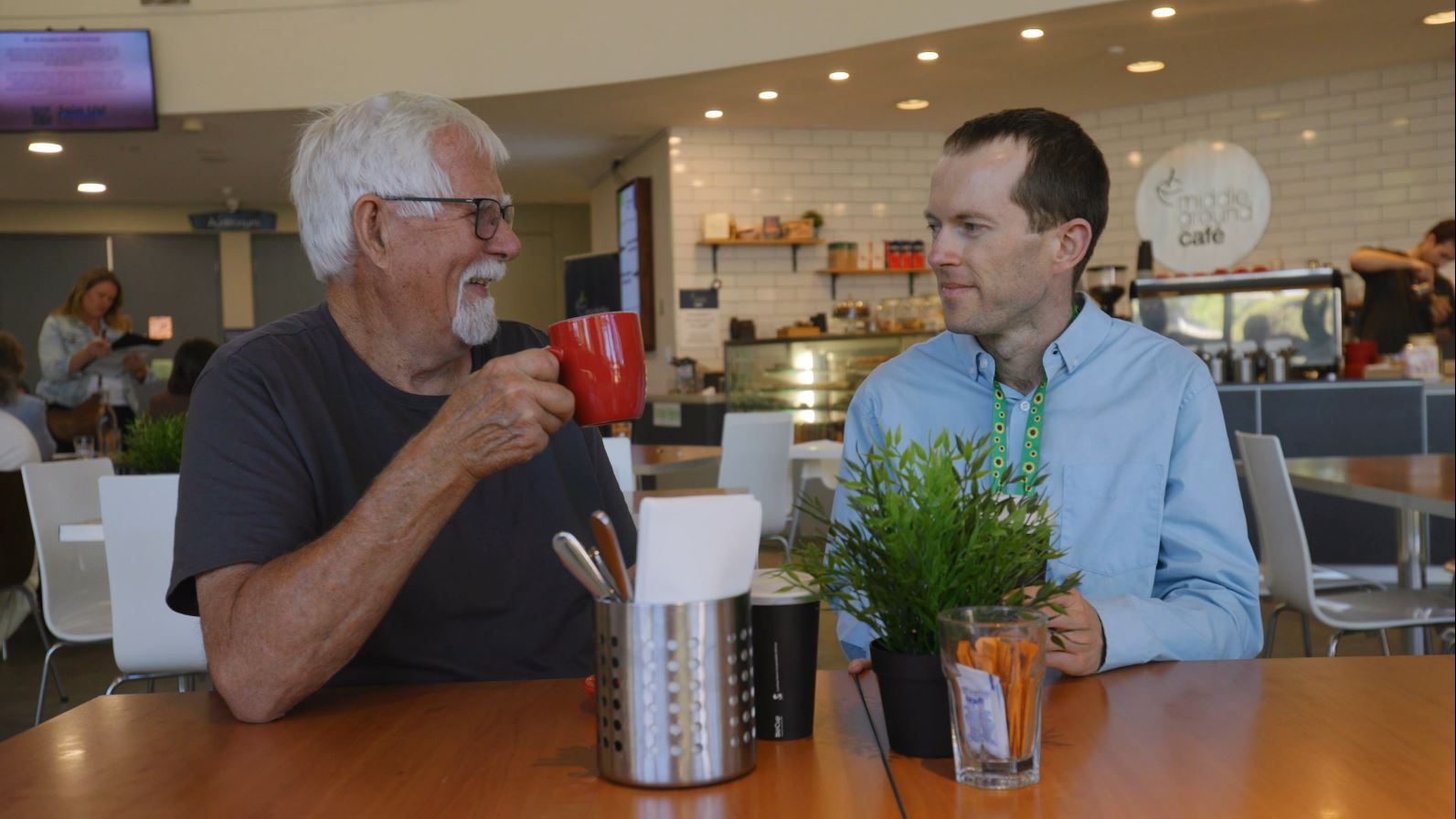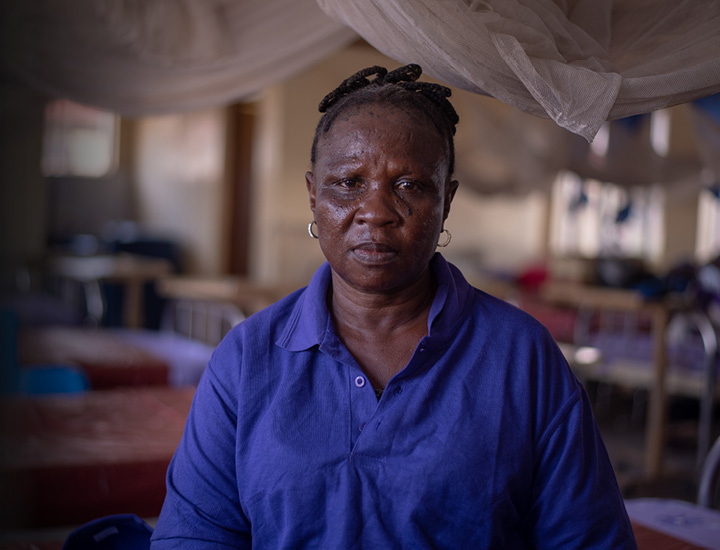Unequal pandemic: embedding unequal access to health services
Stories | February 9, 2022
In times of disaster events and crises, people with disabilities are often the hardest hit. Disasters exacerbate the existing inequalities that already exist in our society, and the unique needs of people with disabilities are often not adequately responded to by Governments and other people in power.
A new report, An unequal pandemic: Insights and Evidence from Communities and Civil Society Organisations, highlights how already marginalized groups including people with disabilities have been impacted by the COVID-19 pandemic.
More than 20 civil society organisations, including CBM, contributed data as well as the perspectives and experiences of their frontline staff and the people they serve on the ground.
The report highlights five key areas in which people on the margins of society have been further challenged during the pandemic.
A critical theme of this is that COVID-19 has embedded or reinforced already existing inequalities in access to health care for marginalized people.
As the report outlines, the burden of COVID-19 on health systems around the world, including in developing countries has resulted in marginalized people facing even greater barriers to routine health care and medical treatment.
Civil society organisations reported significant barriers for people facing maternal and child health services, routine immunisations, counselling and psychiatric services and access to medication.
Almost 90 per cent of more than 20,000 respondents to a global survey stated that there had been a negative impact on their access to health care, medicine and medical supplies due to COVID-19.
This disruption to vital services has been evident to CBM in our eye health work in some of the poorest parts of the world, where eye screening camps critical in diagnosing cataracts have been postponed due to restrictions on gatherings and social distancing guidelines.
The financial impact of COVID-19 on individuals, families and communities, with significant disruptions to work practices and businesses since early 2020, has also compounded the challenges many on the margins face in accessing adequate and timely health care.
The report also finds that crucial health information about COVID-19 and preventing the spread of the virus has not been readily available to marginalized groups of people, including people with disabilities. People with disabilities widely reported that COVID-19 health information was inaccessible, and was rarely made available through networks or channels that reach them.
With COVID-19 still having a devastating impact across the globe, CBM continues to work with local partners on the ground to support communities to better face the risk of the pandemic.
This work includes supporting people with disabilities to maintain health and hygiene by providing safe, clean water for washing and drinking and cleaning products like soap, equipping partner hospitals and clinics with PPE including masks and gloves and ensuring emergency aid packages are available to those facing food crisis and starvation.
Can you help us to ensure people with disabilities are not left behind during COVID-19? Donate Today
https://www.cbm.org.au/stories/unequal-pandemic-embedding-unequal-access-to-health-services
Related Stories

We Are Fearfully and Wonderfully Made: A Call for Churches to Embrace Neurodivergence
My name is Daniel Giles, and I’m proudly autistic....

Week 3 – Lent Series 2025
The image of God; an invitation into solidarity Olubunmi remains isolated in her home. Outside, stigma awaits her. For 27 years she has kept her...

Week 2 – Lent series 2025
Lent, Solidarity and Lament “It’s like I’ve woken up in an alternate universe.” These words I have said a few times over the last three weeks....
